Mancala: Africa’s Ancient Game That Still Shapes Minds and Culture
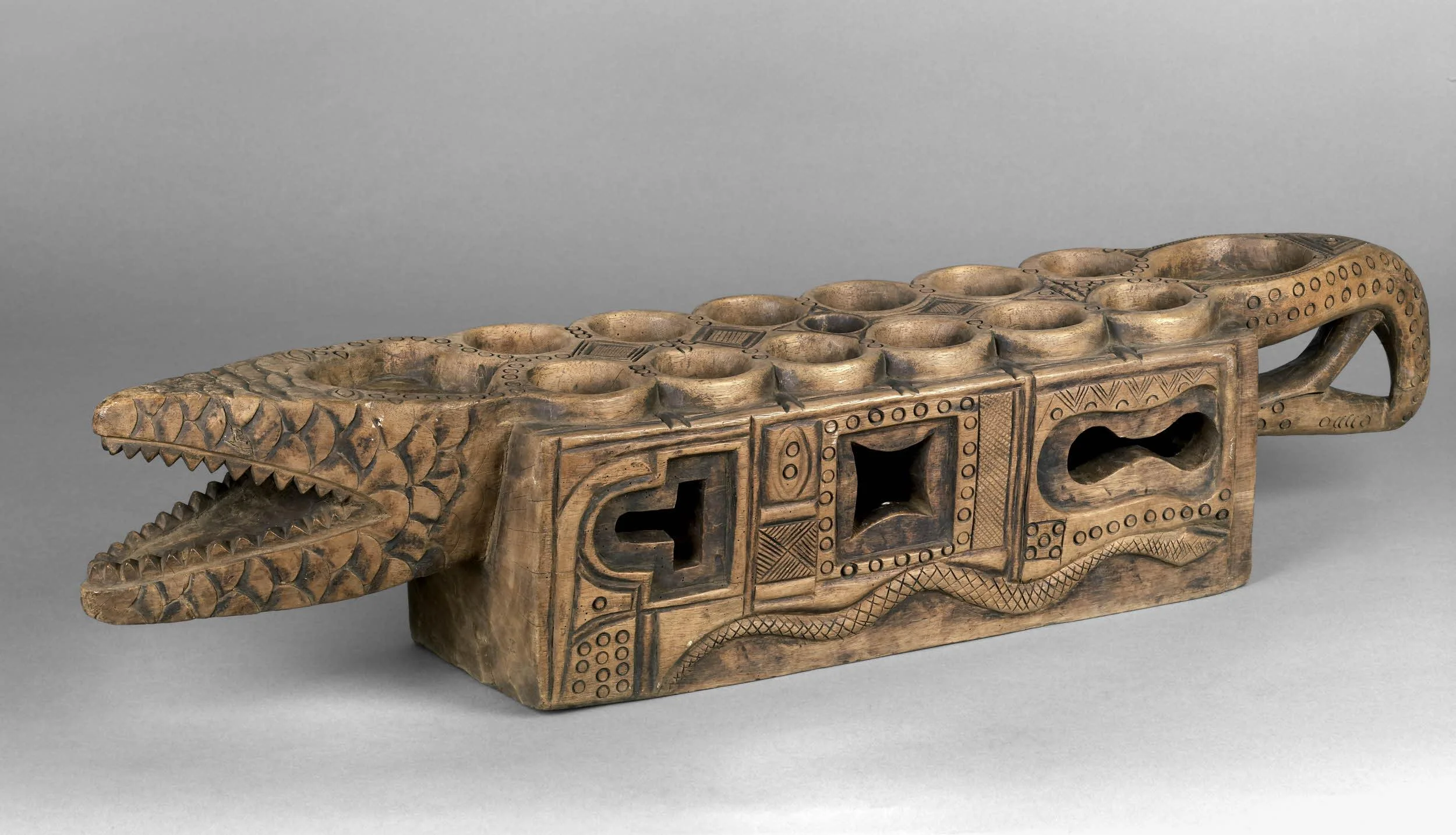
Stones, Strategy, and Storytelling
Way before video games and chess boards, when the night’s entertainment didn’t come from a screen, people sat down with Mancala. A few stones, a humble board, and yet lots of wisdom are packed into a game. From Senegal to Ethiopia, Egypt to South Africa, people have played Mancala for thousands of years. And archaeologists continue to find those little pits-carved deep into ancient stone-in old temples and along the Nile. Africans were playing Mancala long before most people in the world even wrote things down.
But honestly, calling Mancala just a game doesn’t do it justice. Across Africa, it’s a reflection of life itself, strategy, patience, community, quick thinking, all tangled together. The rules look easy: you pick up seeds and “sow” them, moving them around the board, almost like you’re farming or managing what you have. But under that surface, there’s real math at work, a sense of probability, and a bit of bluffing too.
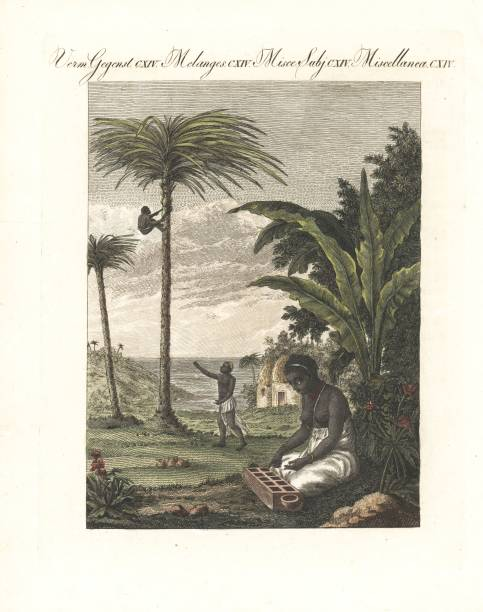
The name changes depending on where you are. In Nigeria, the Yoruba call it Ayo. In Ghana and Côte d’Ivoire, it’s Oware. Sudan has Gebeta, Ethiopia has Gurkatta, and over in East Africa, you’ll hear Bao. The boards change shape, the rules twist a little, but the core stays the same. It's always about planning ahead, watching your opponent, and making the best out of whatever's in front of you.
For elders, Mancala isn’t just something to fill the afternoon. It’s a lesson in disguise. Kids pick up counting, planning, and maybe the hardest skill, waiting for their turn. The anthropologist Amadou Diop said it best: “When a child learns Mancala, he is not just playing, he is learning how to live.”
Unlike so many games that came from somewhere else, Mancala never really belonged to one person. It moved. Traders, nomads, and enslaved Africans carried it along, planting bits of African brilliance wherever they landed. You’ll catch hints of Mancala in the Caribbean, in Brazil, even in the Middle East. It’s this quiet thread woven through history, a reminder of Africa’s long legacy of clever thinking and inventive spirit.
Why Mancala Is More Than Just a Game
Mancala isn’t just about moving pieces around a board. There’s something deeper at play, a kind of hidden power in its simplicity. Across different cultures, Mancala has always felt like a bridge between people and nature. The way you drop seeds into each pit? That’s agriculture in miniature. Every bit of competition in the game echoes the fight to survive, and the board’s circular movement captures how time always loops back on itself. In African cosmology, that cyclical view runs deep.
Imagine, in West Africa, after the crop is in, the families would gather around the moon and play Mancala. It wasn't just fun. It's a common ritual - one way to instill the values of patience, bargaining, and respect for others. The Akan people in Ghana call their version Oware, and they see it as “the game of wisdom.” Over in ancient Ethiopia, elders even used Mancala to settle disputes, guiding the younger ones to use their heads instead of their tempers.
At its heart, Mancala is philosophy made tangible. In many African cultures, life isn't a straight line; it's a circle. Every move counts. The seeds you plant today shape tomorrow's outcome. That sense of connection and consequence is part of African ethics, where your success is always tied to the good of the group.
And scholars have caught on, too. Mancala is not just enjoyable; it is an exercise for the brain. Studies have shown that it sharpens memory, pattern spotting, and decision-making skills. Teachers in some African schools use Mancala to roll lessons in counting, critical thinking, and cultural pride into one package. It’s proof that Africa’s oldest games are also some of its sharpest tools for learning.
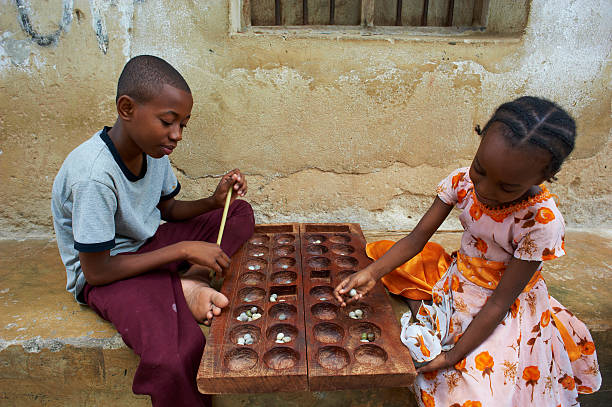
Even far from home, people haven't forgotten what Mancala means. You'll find community centers in London, New York, Toronto, and other international cities, which hold their Mancala nights for African and Caribbean communities. There, it's more than a game; it is about binding generations together. Every time the stones clatter on the board, it almost sounds sacred-a sound that can reach across oceans and through time.
The Modern Revival of an Ancient Game
These days, Mancala is making a real comeback-quiet, perhaps, but impossible to ignore. Sure, technology has changed the way people spend their free time, but it's also given old games like Mancala a brand-new stage. Across Africa, developers are reworking Mancala for mobile apps and online tournaments. Take some Nigerian developers making the Ayo Africa app. They've mixed the ancient rules with slick graphics and tutorials in different languages, so young Africans everywhere can tap into their roots right from their phones.
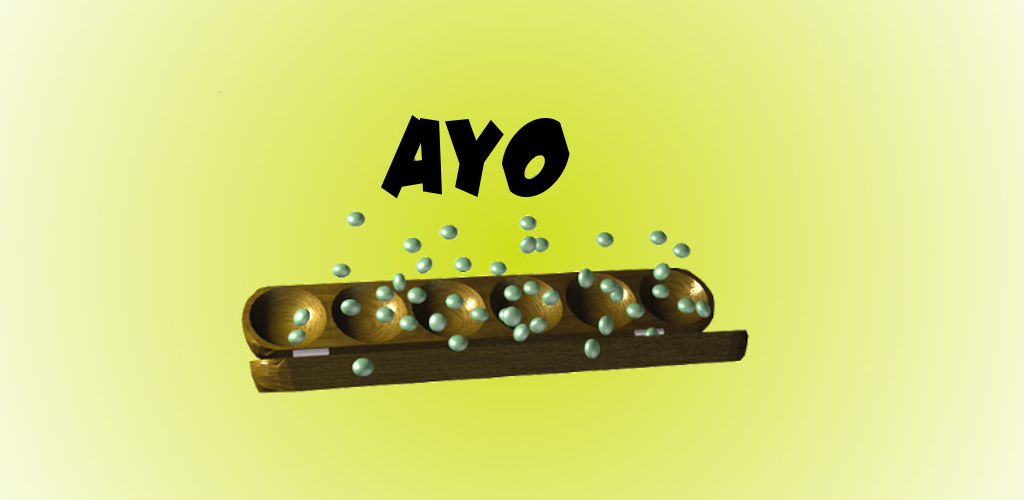
But this revival isn’t just happening on screens. Artists and designers have started weaving Mancala into fashion, sculpture, even buildings. In Senegal, local workshops carve gorgeous wooden boards—part tool, part artwork. Over in Kenya and Tanzania, teachers use Mancala to spark cultural pride and sharpen critical thinking. It’s popping up in school clubs and after-class hangouts.
But museums and academics are paying attention, too: visit museums in Nairobi, Accra, or Addis Ababa these days and the Mancala boards take center stage in the exhibits. They're not just relics, they're proof that strategy and big ideas have always been woven into African life. Forget those old colonial stories about Africa being “pre-literate” or not analytical enough. Mancala sits there, three thousand years old, quietly proving otherwise. While Europe was busy sorting out kingdoms, Africans were already playing games that demanded real brainpower.
But the real heart of this revival? It’s social. In a world where everyone stares at their own screens, Mancala gives people a reason to actually sit together, face-to-face, laughing and thinking and playing. In cities such as Lagos, Dakar, and Addis Ababa, cafes and art spaces are running "heritage game nights," pulling young people back into traditional games. What started as a village pastime has turned into a modern movement, connecting generations and putting Africa's legacy right back in the global spotlight.
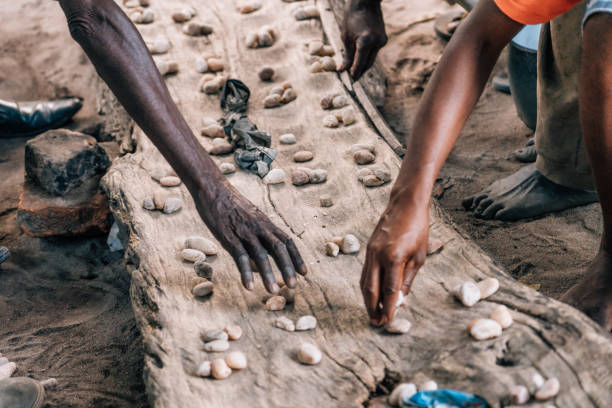
Honestly, Mancala really does stick around because it's timeless: holding the wisdom of elders, the cunning of kings, and the playful spirit of kids. It's never just a game but a living piece of memory, a window to how African minds have always worked. As Africa tells its own story in the digital age, Mancala stands out, a symbol and a reminder that genius has deep roots here, and it’s still playing out today.
Recommended Articles
There are no posts under this category.You may also like...
When Sacred Calendars Align: What a Rare Religious Overlap Can Teach Us

As Lent, Ramadan, and the Lunar calendar converge in February 2026, this short piece explores religious tolerance, commu...
Arsenal Under Fire: Arteta Defiantly Rejects 'Bottlers' Label Amid Title Race Nerves!

Mikel Arteta vehemently denies accusations of Arsenal being "bottlers" following a stumble against Wolves, which handed ...
Sensational Transfer Buzz: Casemiro Linked with Messi or Ronaldo Reunion Post-Man Utd Exit!

The latest transfer window sees major shifts as Manchester United's Casemiro draws interest from Inter Miami and Al Nass...
WBD Deal Heats Up: Netflix Co-CEO Fights for Takeover Amid DOJ Approval Claims!

Netflix co-CEO Ted Sarandos is vigorously advocating for the company's $83 billion acquisition of Warner Bros. Discovery...
KPop Demon Hunters' Stars and Songwriters Celebrate Lunar New Year Success!

Brooks Brothers and Gold House celebrated Lunar New Year with a celebrity-filled dinner in Beverly Hills, featuring rema...
Life-Saving Breakthrough: New US-Backed HIV Injection to Reach Thousands in Zimbabwe

The United States is backing a new twice-yearly HIV prevention injection, lenacapavir (LEN), for 271,000 people in Zimba...
OpenAI's Moral Crossroads: Nearly Tipped Off Police About School Shooter Threat Months Ago
ChatGPT-maker OpenAI disclosed it had identified Jesse Van Rootselaar's account for violent activities last year, prior ...
MTN Nigeria's Market Soars: Stock Hits Record High Post $6.2B Deal

MTN Nigeria's shares surged to a record high following MTN Group's $6.2 billion acquisition of IHS Towers. This strategi...
